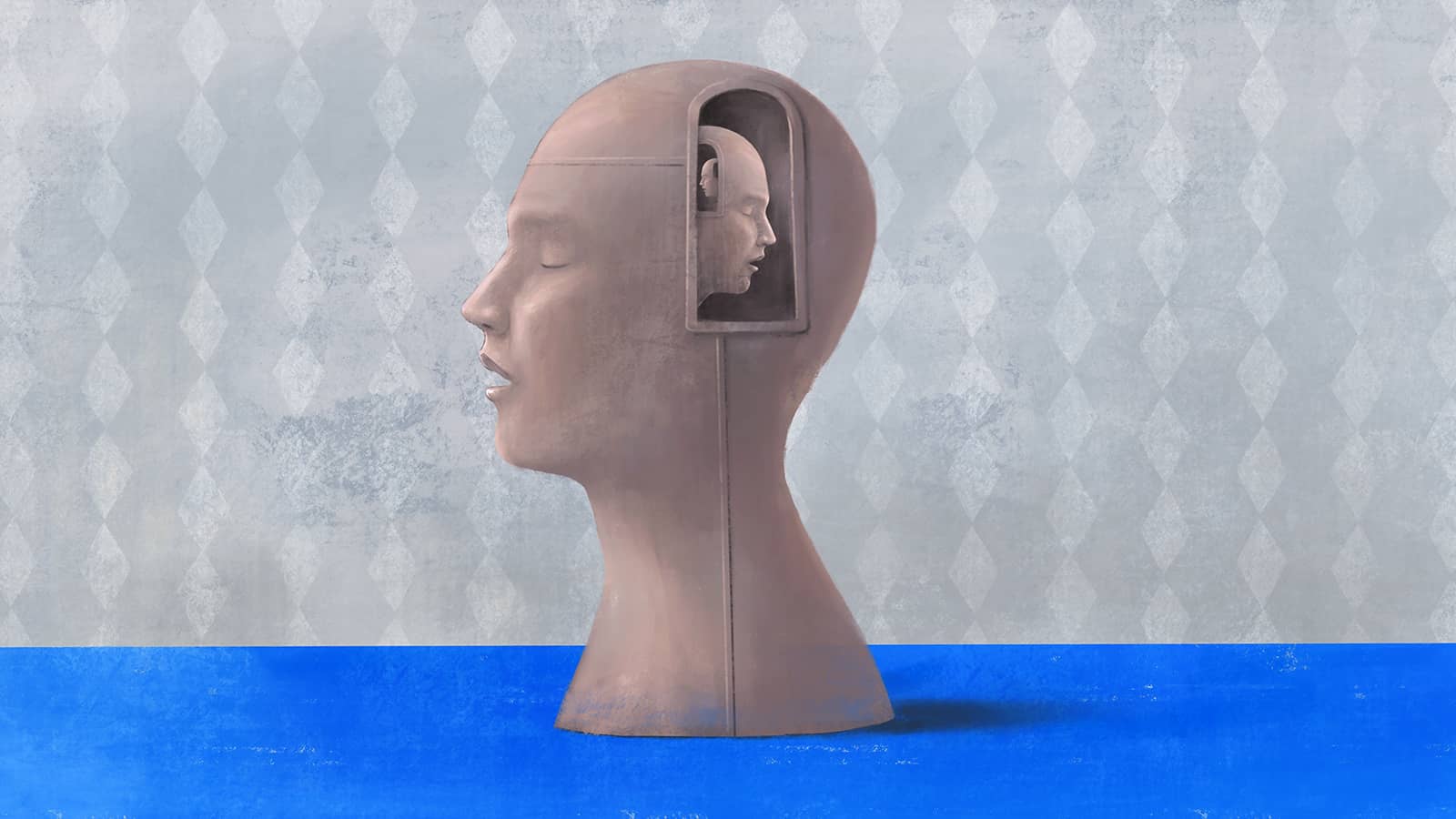Mental illnesses such as PTSD, while no fault of the person suffering, can strain interpersonal relationships. It’s difficult to manage an acute anxiety disorder such as PTSD, much less maintain healthy relationships.
PTSD typically occurs after experiencing a traumatic experience such as a war, natural disaster, terrorist attack, or sexual assault. The sufferer may have flashbacks, nightmares, and debilitating anxiety following the event. According to the American Psychiatric Association, PTSD affects about 3.5% of US adults each year. Women get diagnosed with PTSD twice as often as men.
Three ethnic populations, in particular, suffer disproportionately from PTSD in the United States: Latinos, African Americans, and Indigenous people. However, the disorder can affect anyone throughout their life, regardless of race, nationality, or ethnicity.
People with PTSD may have intrusive, troubling thoughts and emotions about their experience, even years later. They often relive the experience in flashbacks or intense nightmares. Due to their symptoms, those with the disorder often feel isolated and detached from others. Common feelings of those suffering include sadness, acute fear, or anger.
What Causes Post Traumatic Stress Disorder?
Depending on what triggers them, people with PTSD may avoid situations or people that remind them of the trauma. Loud noises like fireworks or guns may trigger a strong reaction in them. For example, those who have been through wars may appear highly sensitive and reactive to these stimuli.
Diagnosing PTSD requires symptoms lasting over a month which cause significant impairment in daily life. Most people start noticing signs within three months of a traumatic event. PTSD often co-occurs with other mental illnesses such as depression, substance use, and anxiety.
It’s also possible to have PTSD from indirect exposure, such as learning about a family member or friend’s death. It can also occur due to being exposed frequently to ongoing trauma. For example, police officers hearing about details of child abuse cases may suffer from PTSD.
As you can imagine, suffering from PTSD can lead to significant distress in daily life. These effects may carry over into interpersonal relationships, such as friendships, family, and romantic partners.
Psychology Explains How PTSD Harms Interpersonal Relationships
Studies have found that PTSD affects interpersonal relationships due to trauma. People with PTSD often experience the following symptoms, which can have a ripple effect in relationships:
- altered view of reality, leading to negative self-image or outlook on life
- depersonalization
- loss of emotional regulation, leading to misplaced anger, panic, or depression
- self-isolation
- impulsive, risky behaviors
- inability to handle stress
- memory problems
- personality changes
- feeling numb or hopeless
- substance use
- losing trust in others, even people close to them
Since PTSD can cause people to shut down and isolate themselves, interpersonal relationships inevitably suffer. Keep in mind that your loved one doesn’t want to hurt you. They’re just trying to protect themselves from pain, even though you didn’t cause it. The impact of the trauma causes them to relive the experience, leading to confused or misplaced feelings.
In interpersonal relationships, those with PTSD might display the following behaviors:
- lash out at loved ones
- avoid physical or emotional intimacy
- fear abandonment
- become overprotective
Suffering from PTSD means feeling a rollercoaster of emotions, depending on circumstances and mood. For instance, if you argue with your partner, it may trigger a robust emotional response. This outburst may shock your partner, who isn’t used to seeing you so angry. If this happens repeatedly, you might fear they will leave you, leading to clingy or overprotective behavior.
These hot and cold emotions may confuse your partner because they don’t know what to expect daily. This moodiness can considerably strain the relationship, even though this wasn’t the trauma survivor’s intention. While PTSD and its painful symptoms can create a rift in interpersonal relationships, it can heal. With time, patience, and understanding, you can have healthy, fulfilling relationships again.
Four Ways to Heal PTSD (and improve interpersonal relationships)
Any successful relationship requires sacrifice, commitment, and respect. When you have PTSD, it makes interpersonal relationships even more challenging. However, by healing from the inside first, you can enjoy your family, friends, and partner on a deeper level. Remember, the only way out is through, so you can heal by going within to deconstruct the trauma.
1 – Consider therapy.
Please don’t feel ashamed for seeking therapy; many people with PTSD benefit from discussing their struggles with someone. A qualified therapist can help you put things into perspective and heal from the traumatic experience. This counseling will also benefit your interpersonal relationships in time. Studies have shown that PTSD treatment boasts a high success rate – around 46% of people improve within six weeks.
2 – Open up to your partner, family, and friends.
If you isolate or withdraw from others, they can’t help you carry the burden of your pain. It may seem difficult, but try explaining what you’re going through with them. By opening up about your trauma, your loved ones can walk through the healing process with you. Lean on your support system because they want to see you heal. Being honest will also open the lines of communication again and help rebuild relationships.
3 – Practice self-care.
We can’t stress this enough. Feeling your best mentally, physically, and emotionally will foster healthy interpersonal relationships. Explain to your loved ones that you need time to recharge and heal from the trauma. Whether this means going on a backpacking trip once a month or joining a gym, nourishing your soul is essential. You can’t pour from an empty cup, after all.
4 – Join support groups for PTSD.
While your family and friends can provide support, they can’t fully understand what you went through. Someone who’s walked in your shoes may be better positioned to help you heal. The US Department of Veterans Affairs offers resources that those with PTSD can benefit from, such as peer support groups.
Final Thoughts on How PTSD Impacts Interpersonal Relationships
If you have PTSD, you might have conflict in interpersonal relationships. Please don’t feel guilty or blame yourself for it; it’s a common occurrence for those who have experienced trauma. Remember that there’s a path to healing from PTSD – therapy, self-care, leaning on loved ones, and finding a support group can help.

















 Community
Community

